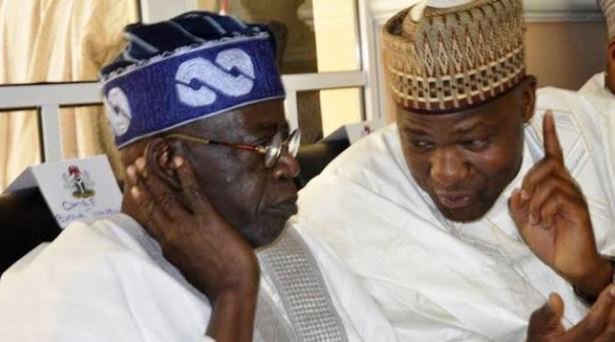
Yakubu Dogara, a former speaker of the House of Representatives, has advised the Bola Tinubu-led federal government to intensify efforts toward the recovery of foreign currencies stashed in private vaults by some Nigerians.
Dogara stated this on Wednesday at The Platform Nigeria, a programme by Lagos-based church, Covenant Nation, to mark the 2024 Democracy Day.
Dogara noted that the US greenback has become the currency of choice of many Nigerians saying “as long as we don’t kill our appetite for it, no appreciable value can be made”.
Dogara said Nigerians have lost faith in the naira as a store of value and that the government should move fast to reverse this trend.
“The USD is not going away anytime soon. The challenge before the government is how to unlock and make the USD locked up in private vaults in Nigeria begin to chase the naira. That to me, is the commonsensical solution. I believe we have enough dollars in this country that we can unlock to make our economy work and crash the FX rate,” he said.
Dogara also said government should make it a policy to sell crude oil in naira and not in dollar.
“To achieve this, the government must demand that all Nigerian exports, including crude oil exports, be paid for in naira, just as we don’t pay for any import into Nigeria from any country in naira. It’s not too much to demand that.”
He proposed that security agencies should sniff around and get politicians and bigwigs hoarding dollars in private vaults.
“Government through credible intelligence generated by security agencies ought or should know those individuals in Nigeria who have taken advantage of the system and they have idle USD stashed in their private vaults,” Dogara said.
“Should they fail to respond, it is my considered opinion that Mr President should invoke and apply the MBS solution, the Mohammed bin Salman Al Saud in Saudi Arabia.
“No one who has taken advantage of the system should have the liberty to store in excess what his or her country desperately needs in other to lift millions of its people out of multidimensional poverty.”
